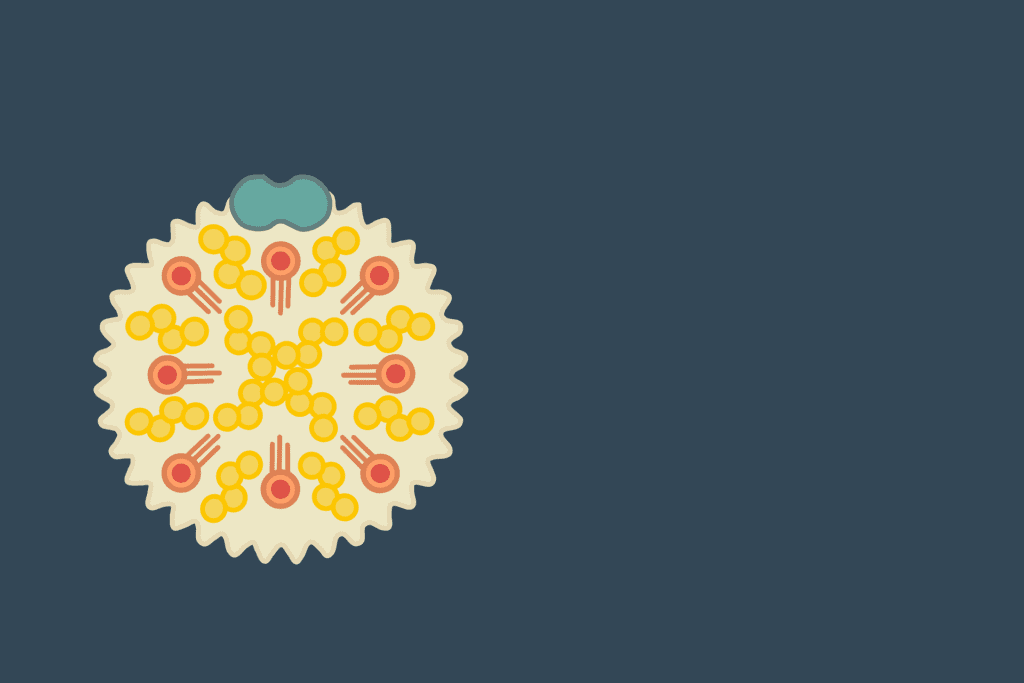
Cholesterol can be a confusing medical topic. We need a certain form of it in our bodies, but too much or too little of a certain type can negatively affect your health.
What are the differences, and as a patient, how can you balance that? And how do you even keep track?
What is cholesterol?
Your body produces cholesterol, a waxy, fat-like substance that’s essential to good health. It travels through your blood to help make hormones and help you digest fatty foods.
LDL is bad cholesterol
LDL (low-density lipoprotein) makes up most of your body’s cholesterol. If you have too much LDL, it can build up in your blood vessels. The buildup is called “plaque,” which over time can narrow the insides of your vessels. That narrowing blocks blood flow to and from your heart, and other organs.
Too much LDL puts you at risk for heart disease and stroke, the two leading causes of death in the United States.
HDL is good cholesterol
HDL (high-density lipoprotein) travels through your body, absorbs cholesterol and carries it back to your liver, which then flushes it from your body. That’s a good thing. Having a high level of HDL in your blood can lower your risk of stroke and heart attack.
So, how do I measure my cholesterol?
High cholesterol has no signs or symptoms, so the only way to know if you have it is to get your cholesterol checked. It’s a simple blood test called a lipoprotein panel that will measure your levels of LDL and HDL.
Here are the numbers you should aim for:
- Total cholesterol – 125 to 200 mg/dL
- LDL – Less than 100 mg/dL
- HDL – 40 mg/dL or higher
What affects your cholesterol levels?
Your diet: Foods containing cholesterol and saturated fat can raise your cholesterol level. Limit how much you each of meats, dairy products, chocolate, baked goods, deep-fried foods, and processed foods.
Your weight: Being overweight tends to increase your cholesterol. Losing weight can lower your LDL (bad) cholesterol and raise your HDL (good) cholesterol.
Physical activity: Regular physical activity can help you lose weight and prevent heart disease. Try for at least 150 minutes of moderate-intensity exercise per week, with at least 30 minutes on most days.
Smoking: Cigarette smoking lowers your HDL (good) cholesterol.
What if my test numbers aren’t great?
Sometimes lifestyle changes can lower your cholesterol, but you also may need to take medicines. There are several types of cholesterol medicine, including statins. Talk to your healthcare provider to determine which course of treatment is best for you.StarMed Healthcare offers a variety of family medical services, and we’re open 365 days a year. Click here for more information and to make an appointment.
